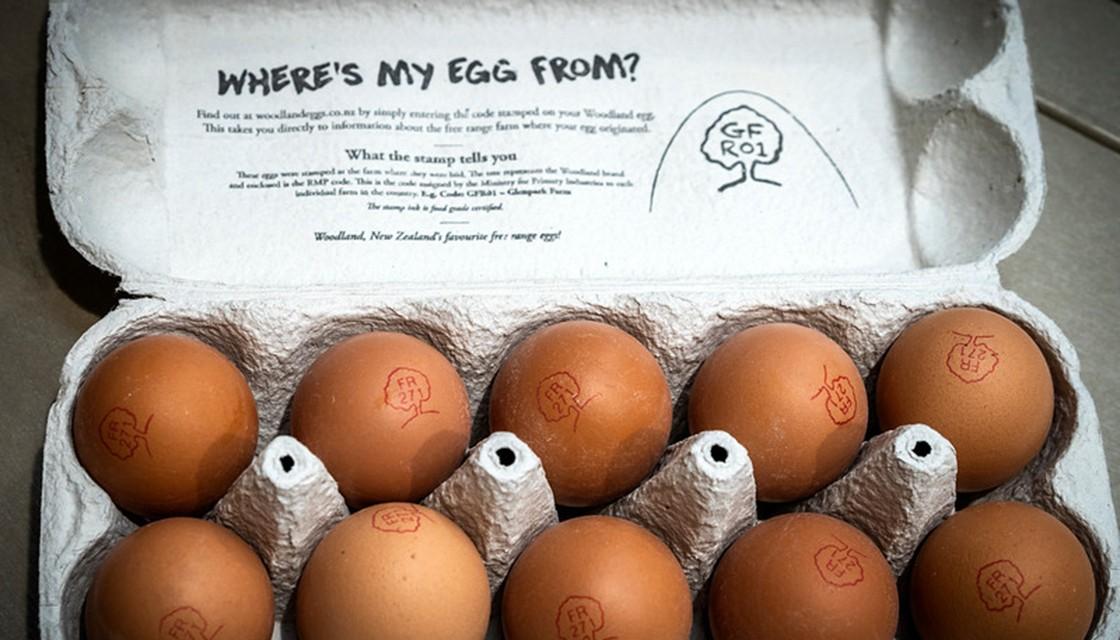A new traceability programme has been launched by the New Zealand egg industry in an effort to weed out rogue operators.
The programme will mean consumers will be able to trace their eggs back to the farm they came from, to verify that the eggs they want to buy are the eggs in the carton.
- Industry's focus on animal welfare blamed for national egg shortage
- Fresh free-range egg scandal rocks industry
From July onwards, customers will start to see the distinctive Trace My Egg logo on the carton exterior which shows these brands are part of the programme.
New Zealand's Egg Producers Federation (EPF) Executive Director, Michael Brooks, said the industry wanted to ensure authenticity for consumers.
"New Zealand's egg industry has world-class farming practices and a unique disease-free status, yet a few bad eggs have threatened its reputation in recent years," he said.

"To help prevent this from reoccurring we have a purpose-built a programme specifically for New Zealand that provides consistent source assurance across the industry and puts control back in the hands of the consumer," said Brooks.
Brooks said there had already been sign up from farms across the country.
"Because we are a trade association, the EPF cannot mandate producer participation, but the robustness of the programme has already motivated sign up from many farms nationwide which collectively provide more than 70 percent of eggs supplied to supermarkets."

Among those taking part is Hawke's Bay free range and colony egg farmer Laurie Horsfall.
Horsfall said he would have his stamped eggs circulating in the next few weeks.
"As an egg producer, you'd be mad not to stamp," he said.
"It's an investment in our industry and the whole programme is a real step up for everyone involved," said Horsfall.
The stamping programme is also being supported by Mass Balance Audits (MBA).
These audits are mandatory for all egg producers and are independently verified by the Ministry for Primary Industries (MPI) as part of each farm's Risk Management Plan.
Michael Brooks said introducing the advanced auditing requirements meant there was a higher level of accountability for the egg producer and greater consequences for non-compliance.
"I am pleased to say that since the introduction of MBAs in late 2017, MPI has reported a high level of record keeping across every egg producer, with no further allegations of fraud in our industry," he said.
The EPF has appointed audit experts AsureQuality to provide random spot checks on participating farms, in addition to being audited by MPI.

It has also briefed key regulators, as well as supermarkets, government ministers and food industry organisations, receiving consistent support for the programme.
The new programme will come into effect in July, and comprises of two main consumer touch-points:
- Eggs are stamped at the farm source using food grade ink, signalling the production system and farm they came from. This is the industry's 'egg stamping' programme, and is voluntary for egg producers to join.
-A mobile and desktop-friendly website called Trace My Egg (www.tracemyegg.co.nz) where participating farm's details and unique farm codes are stored. Consumers can enter the five digit code stamped on their eggs into the website to verify the farm it came from and how it was laid.
Newshub.
